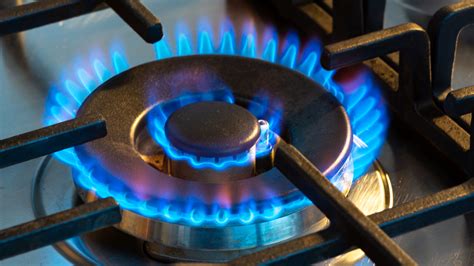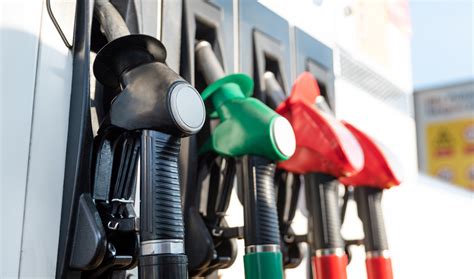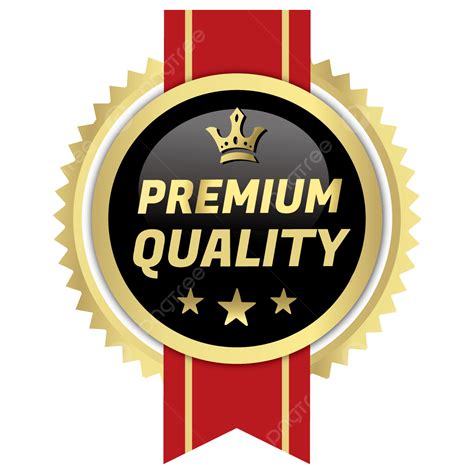Understanding Octane: What’s in Your Tank?
The question of whether to fill your daily commuter with premium fuel for better MPG is common, and often met with conflicting advice. Before diving into the specifics of fuel economy, it’s crucial to understand what “premium” fuel actually means. The key difference between regular (87 octane) and premium (typically 91 or 93 octane) gasoline lies in its octane rating. Octane is a measure of a fuel’s resistance to pre-ignition or “knocking.”
When fuel ignites prematurely in the combustion chamber, it creates a knocking sound and can lead to engine damage over time. Engines designed for higher compression ratios or forced induction (turbochargers, superchargers) generate more heat and pressure, making them more susceptible to knocking. These engines specifically require higher octane fuel to prevent this.

Does Your Commuter Car Need Premium Fuel?
The definitive answer to whether your car needs premium fuel is found in your vehicle’s owner’s manual. Manufacturers specify the recommended fuel type based on the engine’s design and tuning. If your manual states “regular gasoline recommended” or “87 octane required,” then using premium fuel offers no mechanical or performance benefit. Modern engines, even those with relatively high compression, are typically designed to run perfectly fine on regular unleaded.
These engines are equipped with knock sensors that can detect pre-ignition and automatically adjust the ignition timing to compensate. This adjustment allows the engine to run safely on lower octane fuel, though it might slightly reduce peak horsepower in some very specific scenarios. However, for a daily commute, this difference is imperceptible.

The MPG Myth: Premium Fuel and Fuel Economy
Many drivers believe that premium fuel will boost their car’s miles per gallon (MPG). This is largely a myth, especially for cars not designed to run on it. If your engine is designed for 87 octane, supplying it with 91 or 93 octane won’t magically make it more efficient or powerful. The engine’s computer will continue to operate based on its programmed parameters for regular fuel, as it doesn’t need the extra knock resistance.
Studies and real-world tests consistently show that for vehicles not requiring premium, there is no statistically significant improvement in fuel economy. The money spent on higher-octane fuel is simply wasted. Any perceived improvement in MPG or performance is usually anecdotal or coincidental, perhaps due to different driving conditions or psychological factors.

The Cost-Benefit Analysis for Your Commute
Given that premium fuel typically costs $0.20 to $0.60 more per gallon than regular, the financial impact for a daily commuter can be substantial over time. Let’s say you drive 15,000 miles a year at 30 MPG, consuming 500 gallons of fuel. If premium costs just $0.30 more per gallon, you’d be spending an extra $150 annually with no benefit.
For most commuters, this extra cost translates into zero return on investment. The primary goal for a daily driver is often economical and reliable transportation. Diverting funds to premium fuel when it’s not required detracts from that goal without delivering tangible advantages in efficiency or longevity.

When Might Premium Be Justified (Rarely for Commuters)?
There are very few scenarios where a non-premium-requiring commuter car might temporarily benefit from premium fuel. These usually involve specific engine issues, such as persistent knocking or pinging that isn’t resolved by other maintenance. In such cases, the problem isn’t the fuel type but an underlying mechanical issue that needs professional diagnosis, like carbon buildup or a faulty sensor. Relying on premium fuel to mask an engine problem is not a solution.
If your car explicitly requires premium fuel (e.g., many luxury, sports cars, or high-performance SUVs), then you absolutely should use it. Failure to do so can lead to reduced performance, decreased fuel economy, and potential long-term engine damage due to constant knocking and the engine’s compensatory actions.

The Bottom Line: Stick to Manufacturer Recommendations
For the vast majority of daily commuter cars, using premium fuel when the manufacturer recommends regular unleaded is an unnecessary expense with no measurable benefit to fuel economy, performance, or engine longevity. The best practice is always to consult your vehicle’s owner’s manual and use the octane level specified. Save your money for regular maintenance, which truly contributes to your car’s efficiency and lifespan.




